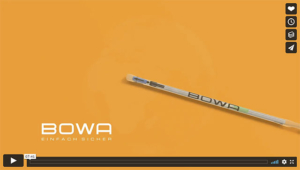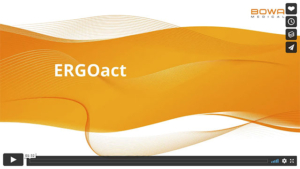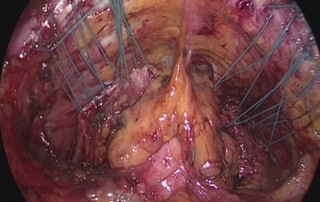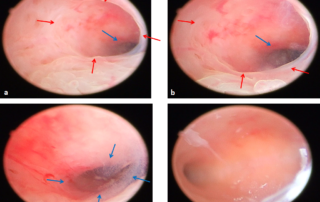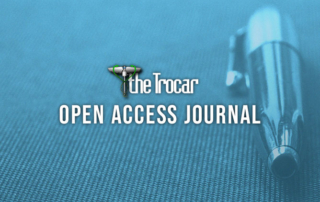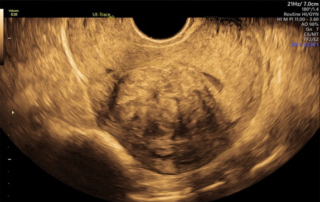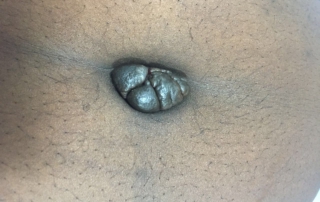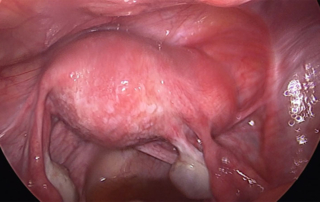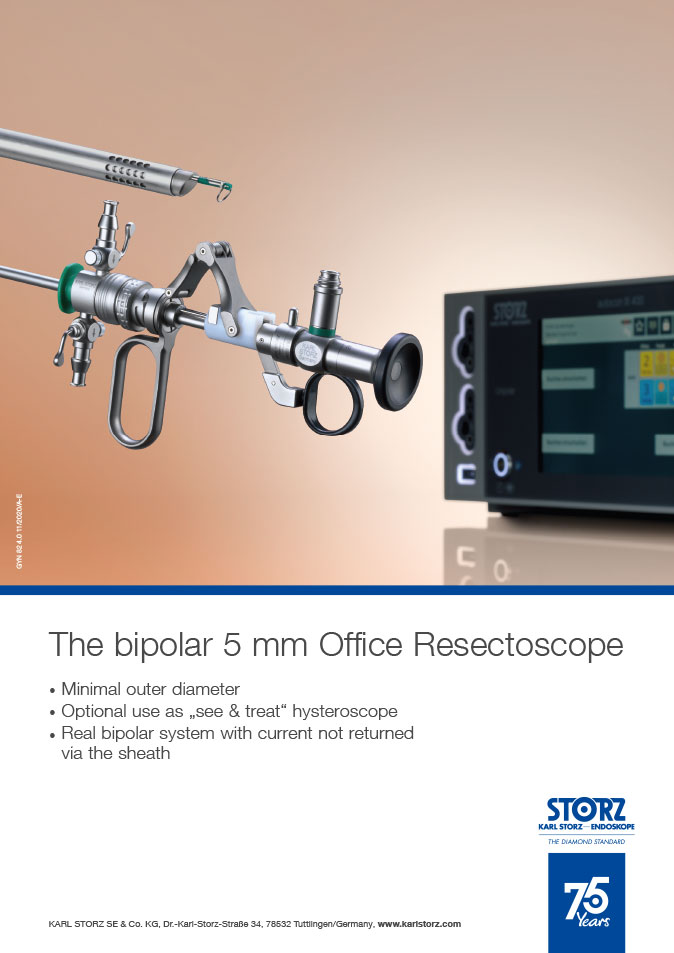Author: Guenter Noé
Affiliation: University of Witten Herdecke; Rheinlandclinics Dormagen
For decades we have been used to exchange ideas at conferences, getting to know new things and people and forging one or the other alliance. Every meeting has a strong social component. Friendships develop and sometimes rivalries are fought. People travel and learn about other cultures in addition to medicine. This has now been taken from us by the pandemic.
After 9 months we feel more and more what we are missing. We all have the hope that everything will be as it was before. But like every crisis, this one also produces new opportunities and makes us bring in a period of reflection.
The possibilities of online formats have been around for years, but they have been neglected in favor of the physical events. Even in industry, it was common until the spring for managers to travel to numerous business meetings by plane. In these times of the climate crisis it is actually an anachronism. As an international specialist society, we are used to meeting and advising each other online. But of course, the joy is greater when we meet face to face. But what can we learn from the crisis? As scientists and teachers, learning should be very important to us.
When it became clear that there would be no physical meetings this year, virtual offers quickly came online. All professional associations have organized free organizations as substitutes. First and foremost, the IAGE from India, which brought colleagues around the world to the computers. All organizations live from the commitment of many individual members, but to create modern alternatives it is also necessary to maintain and create professional structures.
Last but not least, this means that they also have to generate income. In order not to completely depend on sponsors, membership fees, fees for congresses and workshops are required. Ultimately, new ways are needed to continue to offer content for members and to support further training.
The number of conferences and workshops has increased steadily over the past few years. In many regions of the world there is still a very high need for training and further education. In the industrial states in particular, societies are now competing for “customers”. For medical doctors it has become difficult to offer the spectrum of gynecology in all its aspects.
Each sub-specialty offers accreditations and certifications (CME). You have to attend their conferences and take courses regularly in order to receive certificates. In some countries these are again required to carry out certain interventions. Above all, it is critical that very little of what is offered has really been scientifically evaluated.
That does not mean that only evaluated content can be conveyed. But if conclusions are drawn from health insurances or governments, we should think carefully about how we work on accreditations and CME’s. Basically, we always have to ask ourselves how general the knowledge is that we pass on. Of course, surgery thrives on the transfer of experience. Ultimately, that’s what creates the greatest tension at congresses. This is certainly where the success of the live surgeries and nearly live surgeries is generated.
I would certainly not want to forego this exchange, which is always very intensive in surgical workshops. But the many content offers for free of this year are often based solely on experience. As a surgeon, in my opinion, you should always look at yourself critically. One should look for the better way and never be completely satisfied. Even what you pass on should always be adapted to the listener. Much of what an expert can do is dangerous for patients in the hands of low volume surgeons and beginners! The presentation of studies and data is certainly less sexy than tips and tricks for a surgical procedure. However, a justification of the procedures is always mandatory and whoever evaluates his/her results will have found that the personal impression is sometimes wrong answer statistically.
Online content is easier to store and spreads quickly. This increases the pressure on the lecturers, on the one hand, not to repeat themselves and, on the other hand, not to argue in a scientifically unsound way. This may initially be perceived as stressful, but it can also be an opportunity for an increase in quality.
The new situation offers to the international specialist societies, in particular, the opportunity to modernize their approach. Of course, this requires many doctors to use new technologies. How do I compress videos that colleagues with a low download rate can also see them? How do I record my presentation or how do I send the large file over the internet?
As we have seen, however, it works mostly well in the learning phase. Due to the sudden change, many providers will certainly develop better and better platforms.
What is the future:
Do we really have to go back to where we were at the beginning of this year? I personally don’t want that. Of course, I would like to exchange ideas, meet and celebrate with others again. But the future should be hybrid. Therefore, we should partly meet on site and share our event globally via the internet. This saves costs, since smaller venues are sufficient and travel costs are reduced. In addition, this will help to reduce greenhouse gas emissions. The more we learn to use the new technologies for ourselves, the better we will be able to reach more people and let them participate. In order to enable colleagues with low incomes to take part in international congresses, the online format is a great asset.
The streaming technologies meanwhile also enable surgeons, who are not supported by industry, to show live surgery, which extends the spectrum and can also democratize the scene. Hence my wish to everyone, let’s use this knowledge and shape the future. Using this crisis as an opportunity will certainly make it more bearable. The technical possibilities could bring us closer together, even if we will have a little more physical distance.
ISGE has set itself the goal of allowing as many doctors as possible to participate in the future of medicine. Supporters are always welcome.
Stay optimistic.
